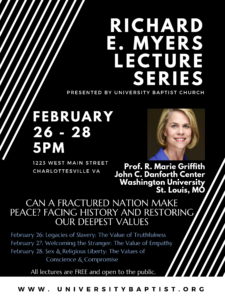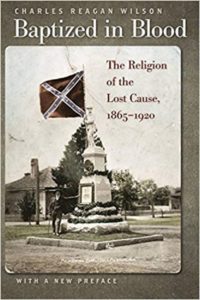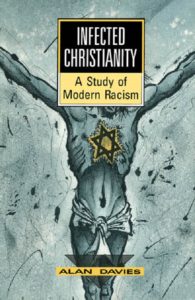“From the Phraseological to the Real”: Lived Theology and the Public University

On February 23, Charles Marsh will deliver a lecture at the Berkeley Center for the Study of Religion as part of their culminating conference for a project focused on the place of theology in the university.
The BCSR says the main goal of the project “was to challenge narrow conceptions of both secular learning and ‘theology,’ in hopes of fostering robust conversation about the teaching of religion in the pluralist setting of the modern university.” This conference will focus on three major areas of inquiry: Theology and the History of Learning, Theology and Modern Secular Disciplines, and The Limits and Possibilities of Theology in a Pluralist World. It runs from February 22-23, and Marsh will be giving his lecture on February 23 at 4:00.
Find more event information on BCSR’s website here. For a full listing of our spring speaking engagements with Charles Marsh and others, visit our events calendar here.
Charles Marsh is the Commonwealth Professor of Religious Studies at the University of Virginia and the director of the Project on Lived Theology. His research interests include modern Christian thought, religion and civil rights, Dietrich Bonhoeffer, and lived theology. His publications include Strange Glory: A Life of Dietrich Bonhoeffer (2014) and God’s Long Summer: Stories of Faith and Civil Rights (1997), which won the 1998 Grawemeyer Award in Religion.



